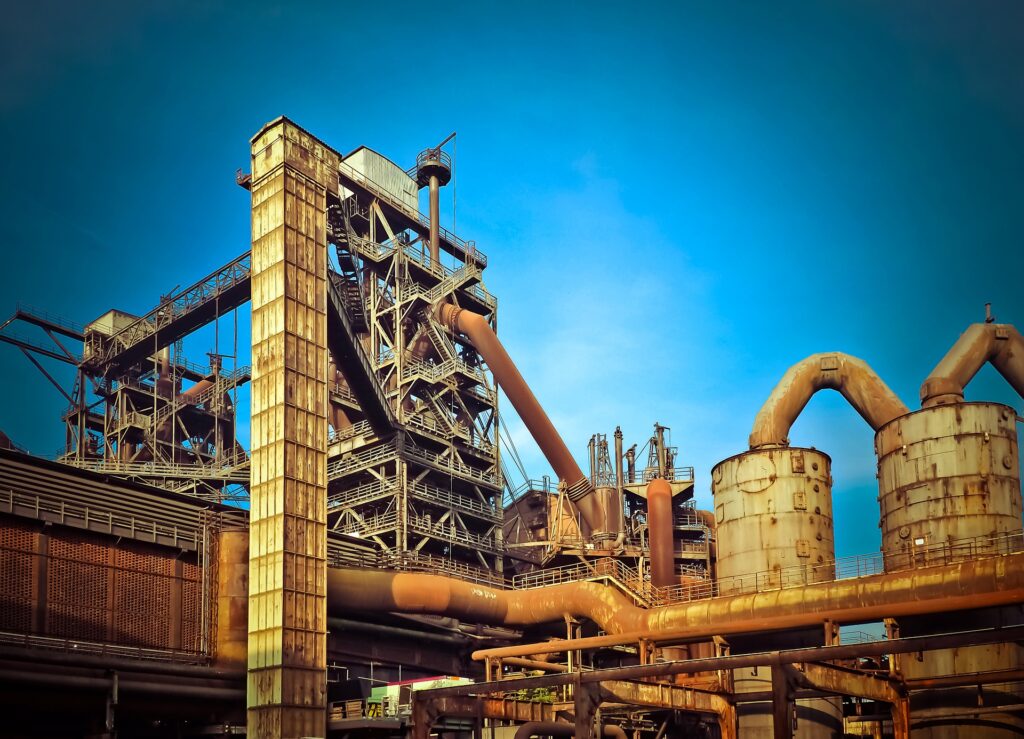Mass production is the process of manufacturing goods in large quantities. These products are usually standardized products that are made using assembly lines or automation technology. Mass production is considered the most efficient production type to manufacture a large number of similar products.
Generally, mass production involves several assembly lines and various people are involved by running routine procedures or doing the assigned task for them. Using the same production equipment, an identical batch of products is being manufactured.
Mass production is also known as repetitive flow production, serial production, or flow production. When producing in mass quantities, automation is used to achieve higher volume, to control and maintain quality standards, to carefully control the material flow and division of labor.
To increase the efficiency of the production process, business organizations use formalization, differentiation, and specialization. It is expected to reduce the manufacturing costs by using these methods and by using standardized and repetitive methods to manufacture uniform products.
Business innovation and the improvement of technologies play a huge role in making the manufacturing processes less complicated and advanced in quality. Since mass production is expected to minimize the costs while producing large quantities, it is important to have a specialized workforce and precision machinery and equipment.
Mass production is popular for both consumer goods s well as industrial goods. When manufacturing mass products, there are both advantages and disadvantages that can be identified.
Advantages of Mass production
– Uniformity
One of the main features of mass-produced goods is the uniformity of all the products that come out of the production process. It helps to ensure that each product is the same in appearance as well as functionality. As a result of this sameness in each product, product manufacturers have control over the quality of the product and the customers know what to expect from the product.
– Productivity
Producing large volumes using automated technology helps the manufacturers to increase the productivity of the production process. Rather than making individual custom-made products, having a specific production pattern and a technique applied to all the products, help the businesses to increase the productivity of the business process.
– Cost reduction
When producing a large number of products using the same machinery, equipment, and raw material types, the business has the possibility of reducing its production costs. It helps businesses to achieve economies of scale. Apart from that, employee specialization on specific tasks helps the production process to reduce or eliminate errors and losses of wastage.
– Faster production process
Rather than having employees manufacture a product by hand, the machinery and the production processes used in mass production help businesses to manufacture the products much faster. This helps the business to beat the competitors, access a bigger customer base, and even to achieve competitive advantages in the target market.
– Minimize faults and errors
Since the production process is streamlined and monitored by specialized employees, there are very few chances for errors or faults in the production process. Apart from that, it is easy to implement quality checking procedures at multiple stages of the production process to ensure the high quality of each product that is being manufactured.
Disadvantages of Mass Production
– High initial cost
Mass production is involved with using machinery, equipment, set production processes, and quality control processes. Most of the processes are automated to cater to the high production volume and uniformity of the products. This requires specialized machinery and equipment that involves a high cost when setting up the manufacturing facility.
– Lack of uniqueness in the products
When producing a large number of goods with the same internal and external appearance, the product loses the quality of uniqueness. This might create an adverse impact on the customers who expect unique and customized qualities in the products they purchase.
– Less flexibility
The production process of the mass production companies is fixed to a particular order and it is impossible to customize or change easily. Since the fixed assets such as machinery and equipment are specialized for the pre-determined production process, making changes can be hard and costly. This makes the production process less flexible as making a change to the production process can create a huge hassle for the company.
– Energy Consumption
Mass production is mainly depending on machinery. This consumes a high level of energy for the powerful machinery. Since energy availability is limited in the world, it can be disadvantageous for the company unless it is trying to find ways to maximize energy efficiency.
– Loss of jobs for unskilled employees
Mass production mainly focuses on reducing the cost by keeping skilled employees with the company while using machinery as the main production method. This is disadvantageous for unskilled employees as they can lose their jobs easily due to the cost maintaining policies of the company.

